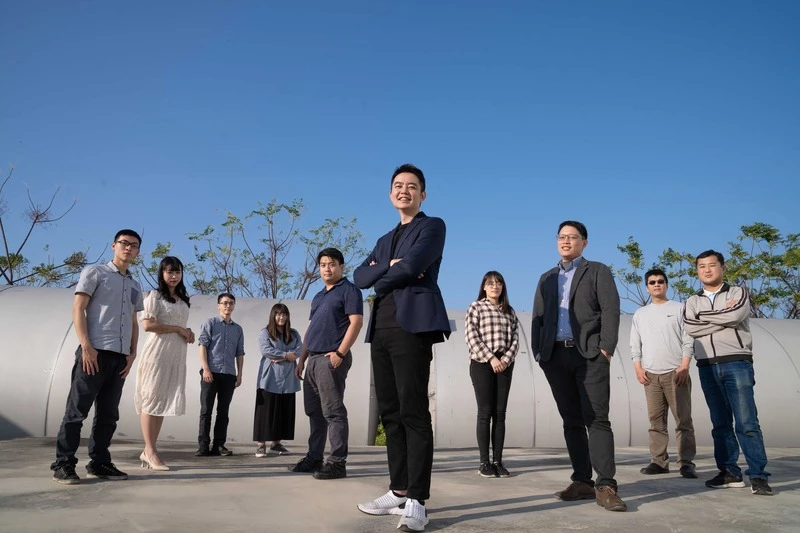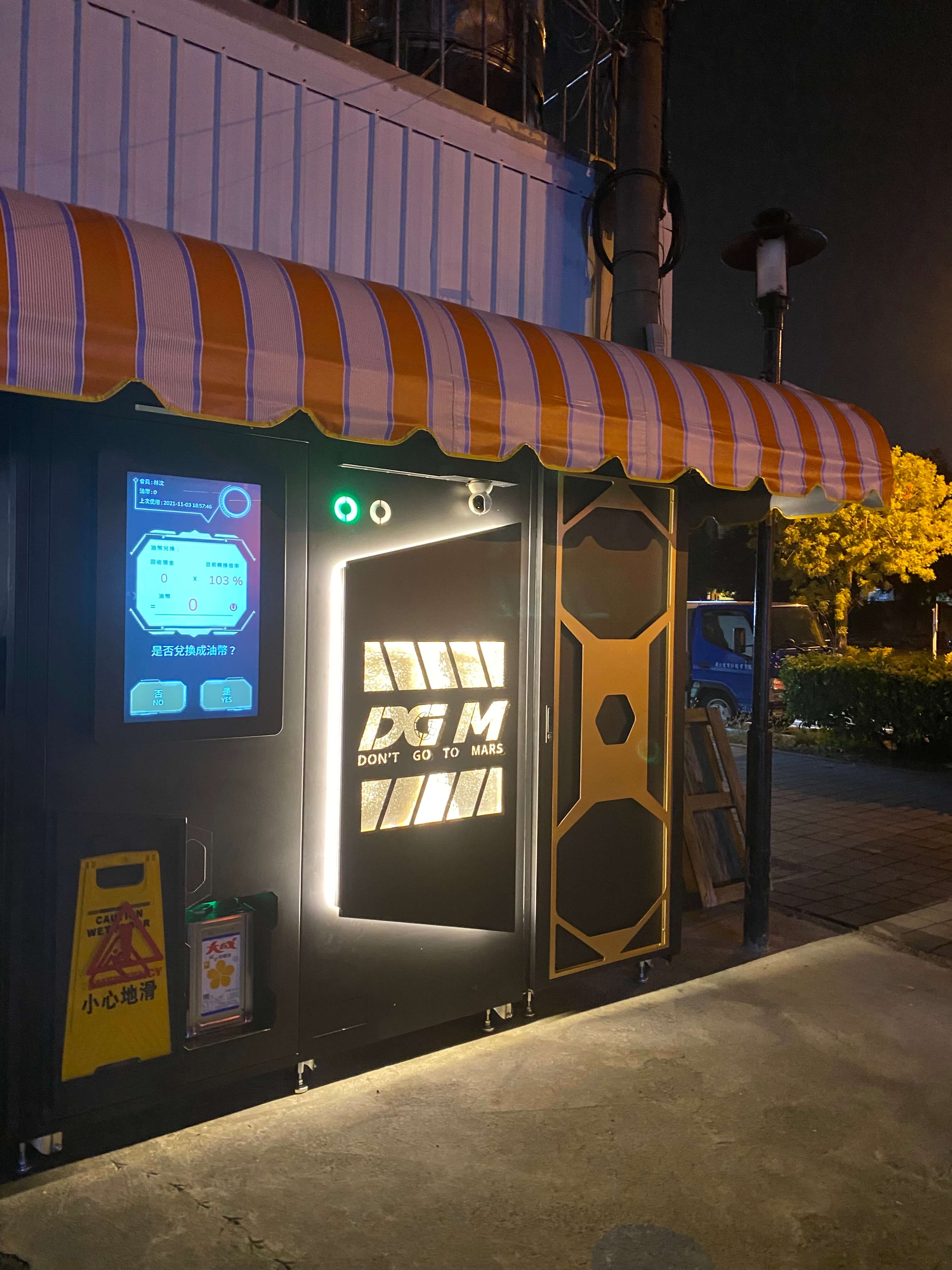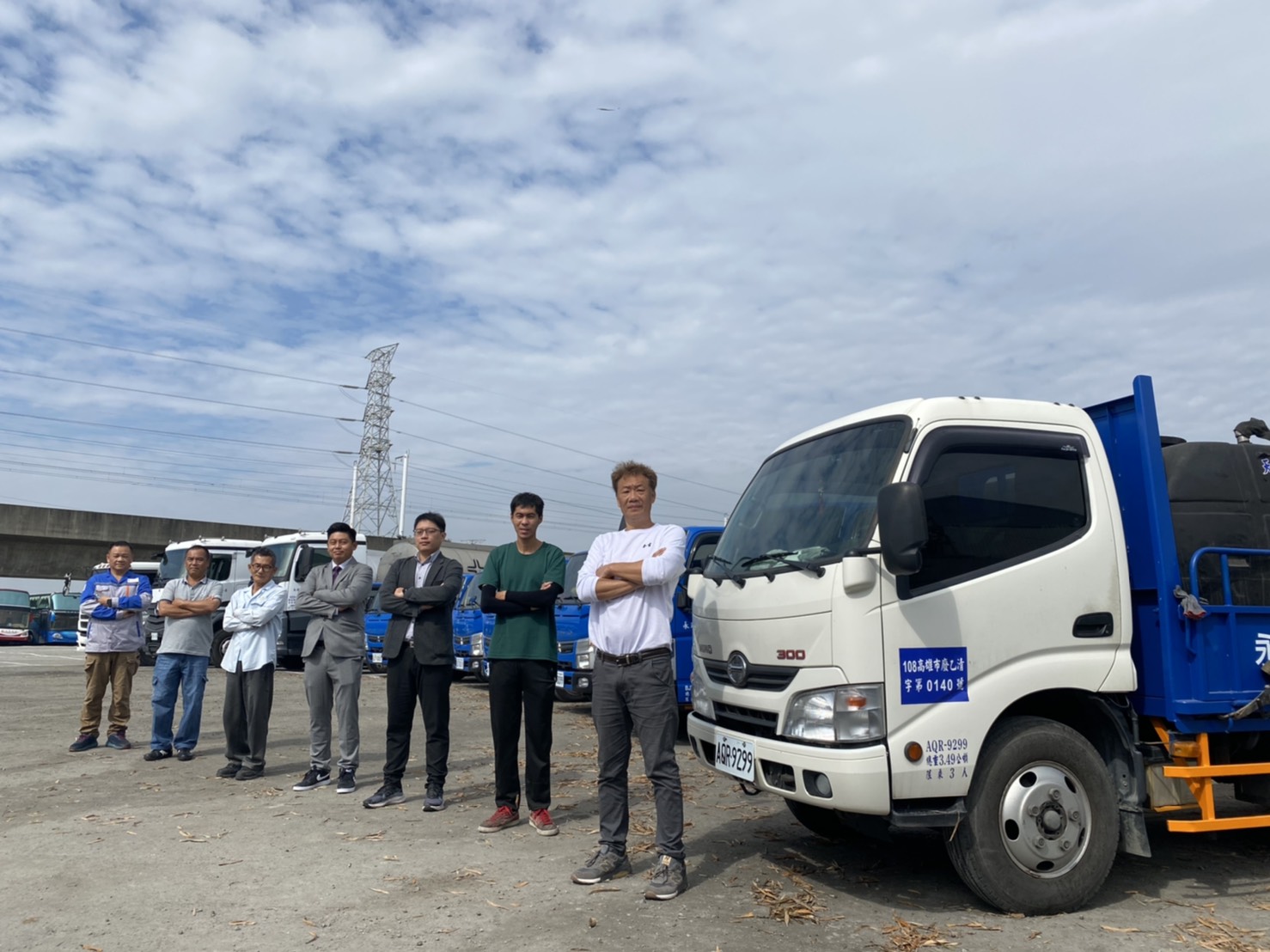https://www.businessweekly.com.tw/business/indep/1002184
Release time: 2023/11/28 18:25:59
 年輕又具活力的永瑞實業團隊,以DGM(Don't Go To Mars)品牌,為珍愛地球盡份心力。
年輕又具活力的永瑞實業團隊,以DGM(Don't Go To Mars)品牌,為珍愛地球盡份心力。
歐盟於2021年7月宣布,以廢食用油所製成的SAF(Sustainable Aviation Fuel,可持續性航空燃料),將由現行的2%提高到63%,並在2050年達此目標外,日本航空則聯手伊藤忠商事,開始大舉佈局SAF關鍵原料:廢食用油的回收,為將至的碳風暴預作準備。航空業已嗅出廢食用油對減碳趨勢之重要性,航空業之外未來各產業均有機會透過廢食用油所衍生之低碳工業原料,順勢搭上全球綠色供應鏈渡過襲捲而來的碳風暴。
2023年起,歐盟也將實施碳稅與碳邊境調整機制,直接衝擊全球供應鏈佈局,環保署估計台灣共有288家企業2022年營運將受碳邊境調整機制影響。根據立法院積極推動企業減碳之研析內容,78%的跨國企業考慮在2025年前,與無法配合企業減碳轉型的供應商停止合作。至此,無以數計的台灣中小企業正關注等待減碳行動之最佳解案到來。
近幾年,芬蘭NESTE OIL轉型聚焦在與廢食用油有關之再生燃料的營運,一舉躍身為全球最大SAF供應商之一,除了提供荷蘭航空SAF外,還與波士頓諮詢公司BCG合作,透過SAF採購協議,減少BCG公司搭載航程的 GHG 排放,首次立下NESTE提供企業級客戶使用 SAF 抵銷排放的協議里程碑。
永瑞實業於廢食用油回收與高值化處理領域佈局多年,客戶不乏國際一線知名石油公司,像是殼牌、NESTE等,2013年成為台灣第一家拿到歐盟ISCC (國際永續發展與碳驗證, International Sustainability & Carbon Certification)認證公司,並於2021年成為歐盟ISCC發言會員。近年更將廢食用油處理成低碳工業用油,讓低碳原料不只是應用在替代能源,未來更有機會廣泛應用在鋼鐵、面板、印刷及塗料…等各產業,使其成為各類低碳工業用油之原料(如:潤滑油、冷卻壓延油、切削油、絕緣油、液壓油、導電油墨、塗布油墨及清潔用介面活性劑…等等)。
有鑑於發展SAF或再生能源,均需有穩定及高品質的低碳原料及供應鏈管理模式,故長期致力於循環經濟推動及關鍵技術開發的永瑞,進一步發展智能化廢食用油回收技術,推出100%MIT製造、全球逾40個國家發明專利之AIOT智能廢食用油回收機台,未來全台將隨處可見此智能機台之佈建,並透過與全台各回收業者合作,讓台灣的低碳、低成本之智能回收模式成全球注目焦點。
永瑞創辦人林修安說,「早在數年前,永瑞就已轉型升級為透過智能化方式進行回收及生產低碳工業用油之綠能科技企業,過去傳統的回收方式浪費大量人力、成本,與產生高碳排,希望藉由破壞性創新,創造更多商業利基」,他進一步補充廢食用油利害關係人最在意的面向:
過去,台灣的黑心油食安風暴延燒,歐盟油曾發生生質柴油業者使用來路不明的廢食用油騙取政府補貼而被起訴的事件。據歐盟農業局表示,歐盟的廢食用油有68%仰賴進口,其中75%來自亞洲,這些進口的廢食用油產源履歷追溯是最困難的。而永瑞研發的智能機台收油模式,每一滴油都有電腦及攝影鏡頭實名制記錄,未來開放系統登錄權限,可供歐盟及各國政府環保主管機關清楚查詢以及分析大數據,作為淨零碳排補貼政策及碳權收費的參考依據。
永瑞近年轉型為專業的處理機構,目的就是提供不同的買家各式規格的SAF原料。其訂購之交期與數量,可透過智能機台與區塊鏈技術,讓買家隨時掌控廢食用油「生長」與「蒐集」情況,做到精準掌控訂購後之生產排程。
利用主動式的手機APP,搭配機台九成滿油時的智能通報系統,與夜間快速回收廢食用油等一條龍服務,均可省去傳統無頭蒼蠅式的回收模式,並減少與店家約定回收時,所浪費的時間成本及油耗等問題。據估算,創新的回收模式較傳統回收不但降低回收成本,更可有效降低碳排放。
輕鬆、透明且即時的回饋金價格,能讓供油者樂於頻繁更換新油,炸物更新鮮,消費者也吃的更安心。未來透過「One touch ㄧ鍵回收功能」,廚房人員可快速且安全的將高溫炸油抽吸進入智能機台中,完全可以避免不必要的燙傷與噴濺職災意外發生。
 永瑞實業DGM智能回收廢食用油機台在台南花園夜市使用情境。
永瑞實業DGM智能回收廢食用油機台在台南花園夜市使用情境。
「面對碳關稅或永續經營的挑戰,這將是群體戰的策略,未來全球供應鏈都會被改變,如果台灣不在此時轉型,便會在全球供應鏈上消失了。」林修安強調,「全球高達80%是中小企業,在低碳投入上有資金上限制,與永瑞合作,能以較低成本,進入國際永續供應鏈;即便不是瞄準國際市場,也能躋身專門要做出口的大廠的供應商。」。永瑞永遠敞開雙手,熱情歡迎全台甚至全球的回收業者共同合作,將廢食用油效益發揮到極致,而上述僅是永瑞推廣循環經濟的起手式,未來永瑞將啟動永續轉型計畫,與更多全球指標企業合作因應綠色永續新時代。
 運用智能化管理,永瑞讓回收人員高效率執行廢油回收任務,減少不必要的車輛折返成本及碳排。
運用智能化管理,永瑞讓回收人員高效率執行廢油回收任務,減少不必要的車輛折返成本及碳排。